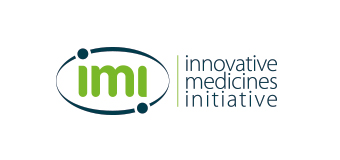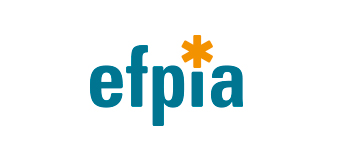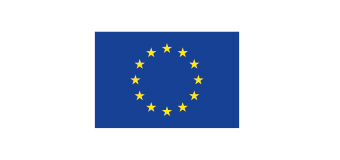Direct-to-Participant Investigational Medicinal Product Supply in Clinical Trials in Europe – Exploring the Experiences of Sponsors, Site Staff, and Couriers
First published: 12 July 2023
Authors: Amos J. de Jong, Yared Santa-Ana-Tellez, Mira G. P. Zuidgeest, Renske J. Grupstra, Fatemeh Jami, Anthonius de Boer, Helga Gardarsdottir, on behalf of the Trials@Home Consortium
Abstract
Aim
Insights into the current practice of direct-to-participant (DtP) supply of investigational medicinal product (IMP) in the context of clinical trials conducted in Europe are needed, as regulations are unharmonized. This study is set out to explore how DtP IMP supply has been employed in Europe and what the advantages and disadvantages, and barriers and facilitators of its implementation are.
Methods
We conducted semi-structured interviews with representatives from sponsor companies, courier services, and site study staff involved in the IMP dispensing and delivery process in Europe. Interviews were conducted between May and November 2021, and data were analyzed following thematic analysis.
Results
Sixteen respondents participated in one of the 12 interviews. Respondents had experience with different models of DtP IMP supply including shipment from the investigative site, a central pharmacy (a depot under the control of a pharmacist), and a local pharmacy – aiming to reduce trial participation burden. The respondents indicated that investigative site-to-participant shipment is not affected by regulatory barriers, but could burden site staff. Shipment from central locations was considered most efficient, but possible regulatory barriers related to maintaining participants’ privacy and investigator oversight were identified. The respondents indicated that the involvement of local pharmacies to dispense IMP can be considered when the IMP is market authorized.
Conclusion
Several DtP IMP supply models are implemented in clinical trials conducted in Europe. In this study, three main DtP IMP models were identified, which can be referenced when describing these approaches for regulatory approval.



This project has received funding from the Innovative Medicines Initiative 2 Joint Undertaking under grant agreement No 831458. This Joint Undertaking receives support from the European Union’s Horizon 2020 research and innovation programme and EFPIA.
Notes for editors – not for publication
If you would like more information, please contact the spokesperson at the UMC Utrecht.
Joris Prinssen: +31 6 2571 0234
press@umcutrecht.nl
